Songwriters and publishers say that songs cease to belong to them once the public makes them their own. They are not wrong. The magic of popular music lies, among other things, in that. In the elasticity and customizability of a story that is three or four minutes of text and melody, and which can end up having as many possible readings as there are people. That’s where it differs from other art forms.
But when the song intersects with another story and images that in principle have nothing in common with it, the meanings multiply. This is what happens with those films and soundtracks that feed on pre-existing songs, which were not intended to embellish them. Even if they later do. The text of the song and the subtext of the film cross paths, and the result can end up radiating an emotional potential of unforeseeable consequences. A Molotov cocktail of feelings. A synesthetic big bang that can knock you out. An impact that can make that song never play in your head again in the same way as it did before you saw it in that film that left you shaken.
It has happened to me several times. I’m sure it has happened to any of you. The last occasion was with one of the final scenes of the excellent Aftersun (Charlotte Wells, 2022). It is constructed in flashes, like fleeting glimpses of reality filtered intermittently through the blurred memory of its protagonist, the girl who senses that something serious is happening to her father and begins to suspect that perhaps the dance they undertake in the discotheque of a small hotel on the Turkish coast will be their last together. She doesn’t know, but she senses it.
“Under Pressure”, the song signed by Queen and David Bowie in 1981, is playing and it is almost impossible to unknot one’s throat. Why can’t we give ourselves one more chance? Why can’t we give love, give love, give love, give love, give love?, and that song that didn’t even strike a chord with you at Live Aid in 1985 (when it was performed in front of millions of television viewers all over the world), now almost brings tears to your eyes. It’s never the same for you again.
Who says a film, says a series. In La Ruta (Borja Soler and Roberto Martín Maiztegui), which also boasts – rightly so – a certain neorealist tone that completely avoids the sensationalism into which it could well have fallen, one memorable episode stands out. In this one, by surprise, its protagonists perform a final choreography while from the booth of a reconstructed Spook it is DJ Fran Lenaers himself (in one of his most significant cameos) who plays “Nowhere Girl”, by B-Movie, that British one hit wonder of the early eighties.
In this particular case, the dance has a profoundly liberating effect, crowning a chapter whose action takes place almost entirely in the bathrooms of the discotheque: that space where truths are sung, spurred on by alcohol and drugs. Inconvenient truths, revelations, traumas, longings, desires and anxieties are captured with revealing and piercing fidelity, until, in an unexpected plot twist, everything leads to a group dance with the protagonists dancing in front of the screen, questioning the spectator and grabbing each other by the lapels of their shirts, breaking the fourth wall.
If you’ve ever been in your twenties and thirties and what was running through your blood wasn’t horchata, it’s hard not to get excited. And “Nowhere Girl”, which in B-Movie’s recent live performances sounds dignified but like a reheated dish for ailing remember sessions, takes on a new dimension through these stills. Splendorous, vivacious, as if composed yesterday.
The list could go on. I’m sure you also have your Top. At the drop of a hat, I can also think of two films that I have just seen again after many, many years. And two memorable scenes, which also made their sound correlate mark in my cortex with a different connotation to the one I could give them when I discovered them.
The scene in Amores perros (Alejandro González Iñárritu, 2000) in which Nacha Pop‘s “Lucha de gigantes” plays. And the scene from Lost in Translation (Sofia Coppola, 2003) in which “Just Like Honey”, by The Jesus and Mary Chain, is blasting. Note that I don’t specify the year of the songs. Yes, they are as enjoyable as any of the films. They linger in our memory with the same intensity. With the same aim. But thanks to their imprint on the cinema, they take on sensibly different lives over time. They are reborn.

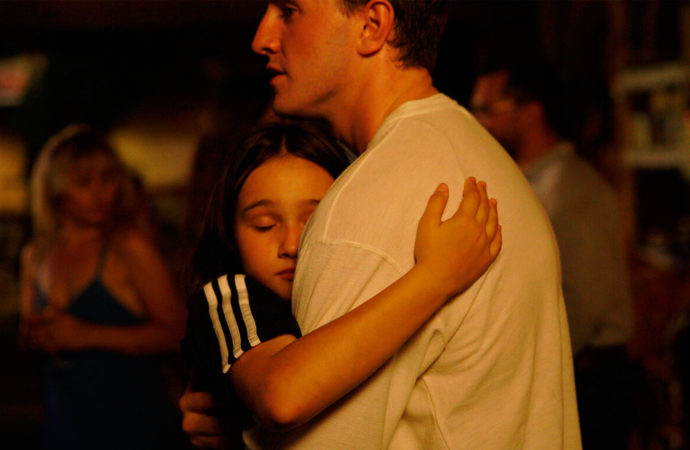

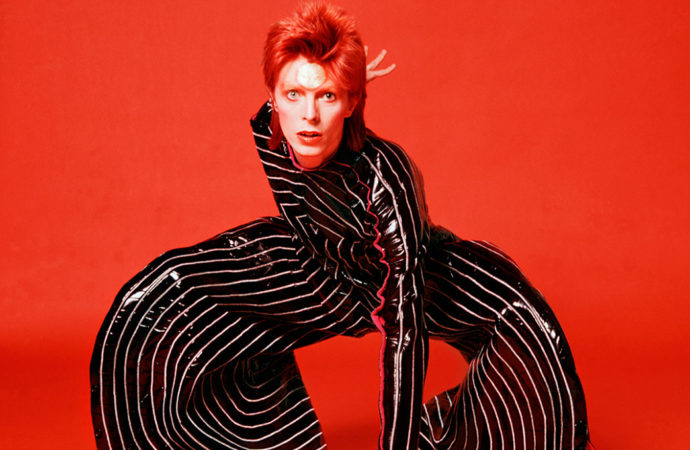

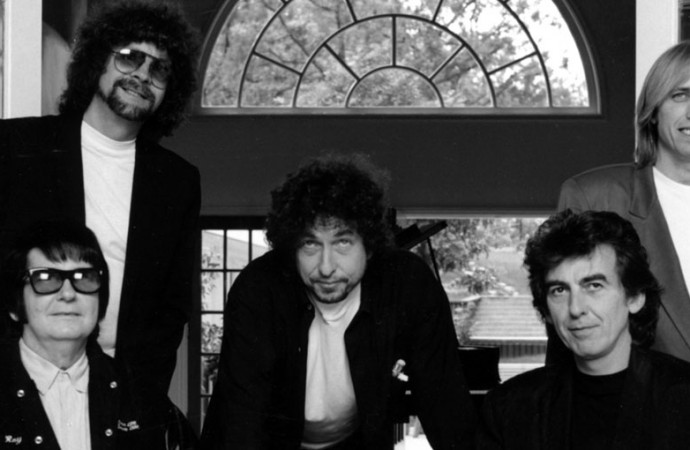
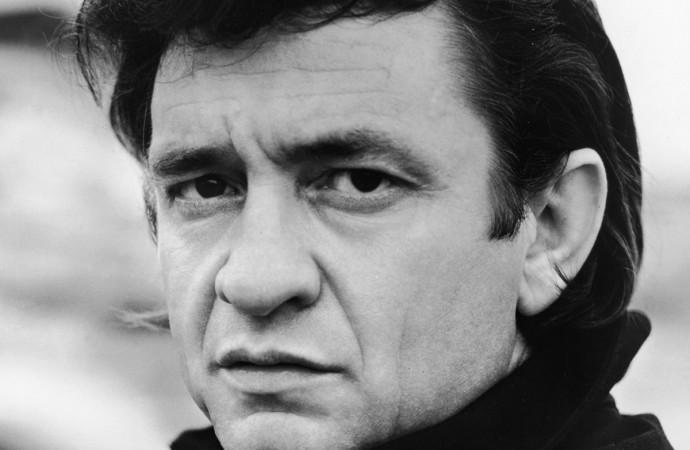
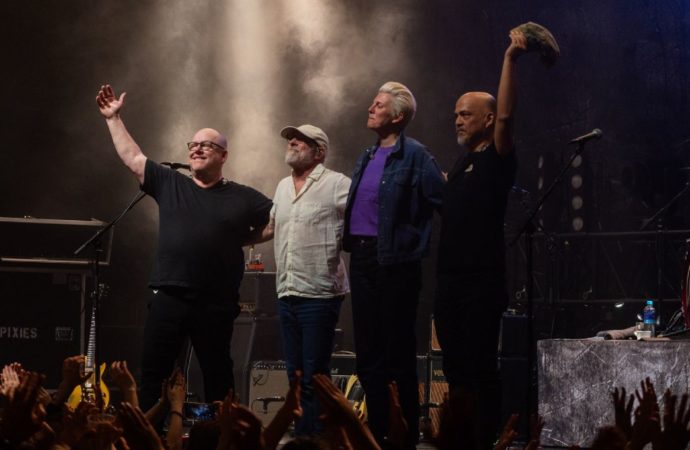

No one has posted any comments yet. Be the first person!